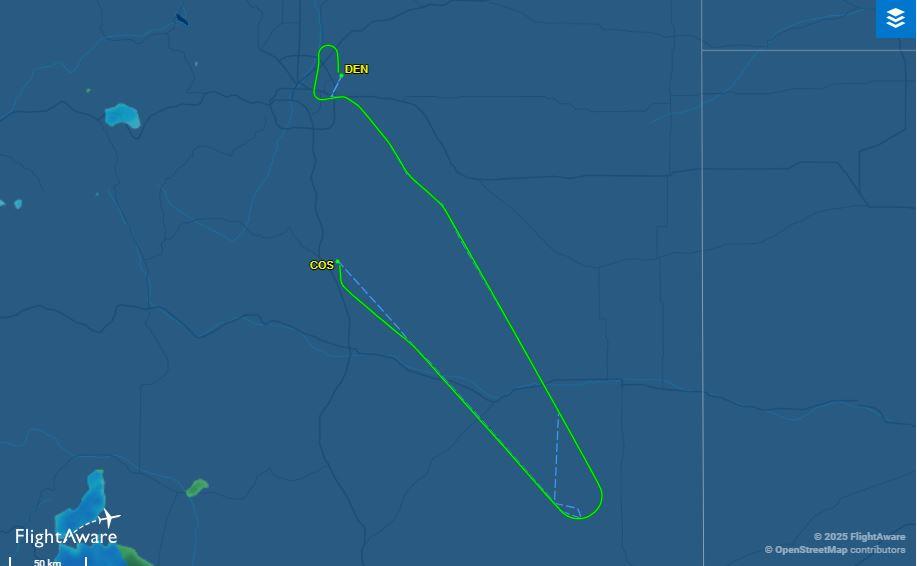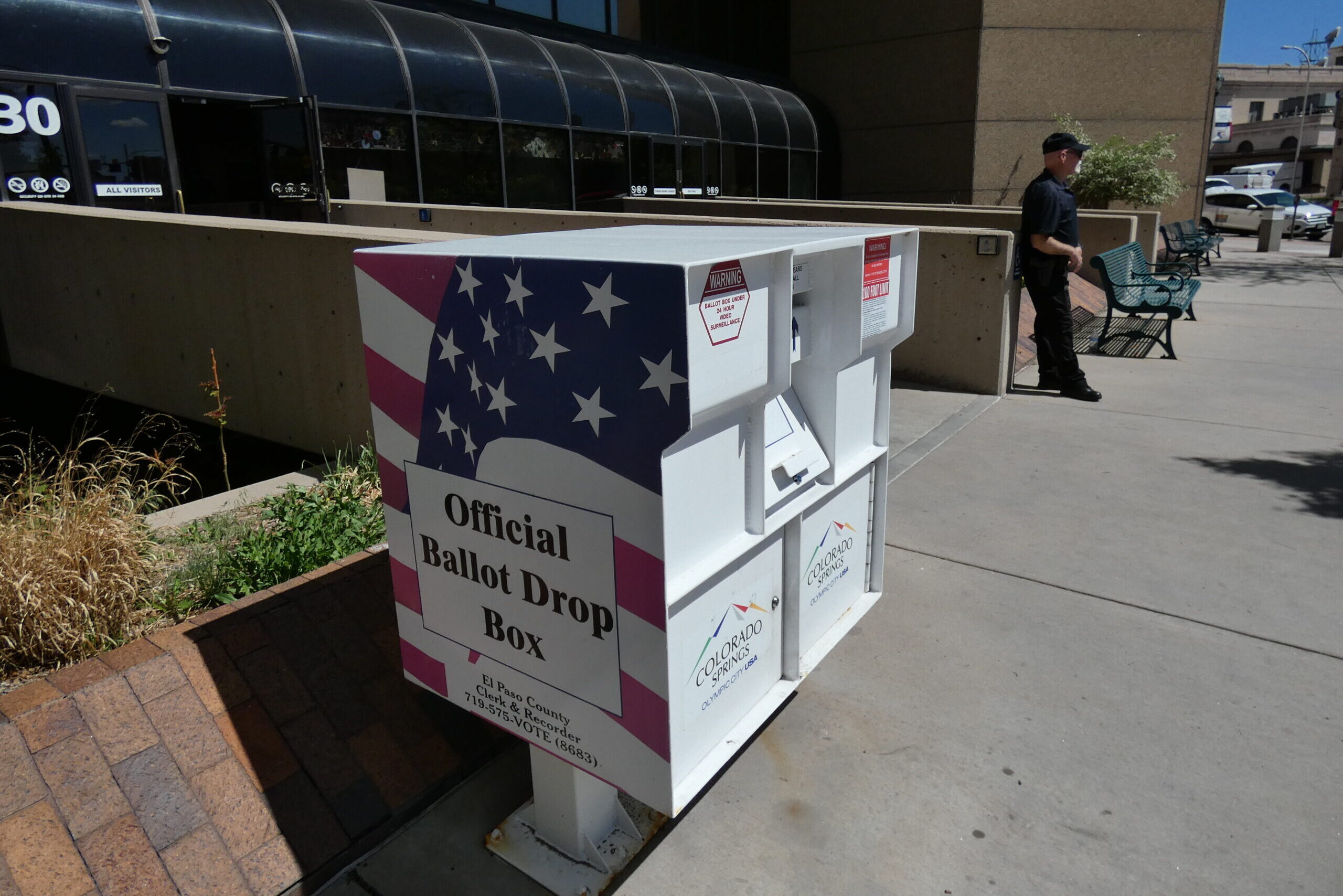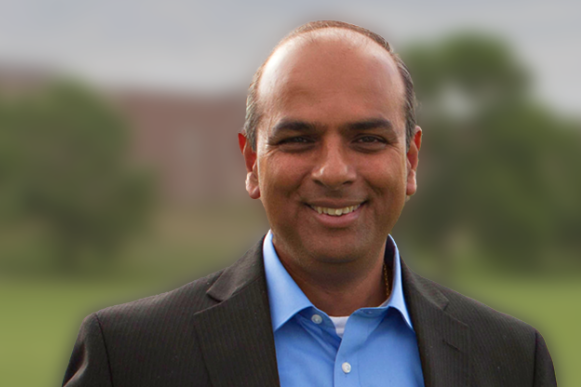Originally published on January 4, 2018 11:22 am
Longtime NPR host Robert Siegel is retiring after 30 years as a co-host of All Things Considered.
During his wide-ranging career, Siegel has covered some of the most historic events in modern U.S. history, including the fall of the Berlin Wall and the terrorist attacks of 9/11. One of his many reporting projects brought him to Greeley, Colorado in 2003, where he delved into the fascinating story of Sayyid Qutb, an Egyptian writer who lived in the city in 1949. Qutb’s writings would later form the theoretical basis for many of the radical Islamic groups of today, including al Qaeda.
When Siegel started at NPR more than 40 years ago, it was a very different place – but one with a great deal of potential.
“It was very small. I think we could have taken the entire NPR news staff and put them into the not-cavernous studio I’m sitting in right now. We had 10 reporters, all but one of them in Washington, and we had one in a New York bureau,” Siegel said. “The audience was pretty small — but it was full of a sense that this place was meant to be more than it was. We were a work in progress.”
After opening NPR’s London bureau and serving as the organization’s first foreign staffer, Siegel returned to head the news department. It was a difficult time financially for NPR and Siegel said morale and optimism within the company were low. Rather than play it safe and cut back on programming, NPR instead decided to launch a brand-new program, Weekend Edition Saturday.
“To my knowledge [Weekend Edition] was the only program we’ve ever launched that, from day one, was celebrated as a total success,” Siegel said. “It was done by an all-star team of NPR talent and I thought it retrieved a sense of optimism for us.”
NPR would go on to add more successful programs to the roster in the years after, including Weekend Edition Sunday, and would bring Fresh Air to the national lineup of shows.
Siegel’s retirement comes during an unprecedented time for news. But he said he hasn’t had second thoughts.
“Whatever time it is, there’s always something [happening] that’s very demanding and absorbing,” Siegel said. “When I made my decision to retire I just assumed something compelling and fascinating would be going on in the world at that point – and I’ll just have to sit back and listen to it on the radio.”
Interview highlights:
On heading the NPR news department during difficult financial times:
Siegel: It was pretty challenging. I don’t know if journalists are the best natural managers. I don’t think I was; I think I had a pretty good four years, but I found it frustrating. We had just blown this enormous hole in the budget, and there was a lot of pessimism about NPR.
So during those four years we launched Weekend Edition Saturday – to my knowledge, the only program we’ve ever launched that, from day one, was celebrated as a total success. Everything else has had a typically, predictably, bumpy ride, but that one was just a hit straight out. It was done by an all-star team of NPR talent, and I thought it retrieved a sense of optimism for us. We launched Weekend Edition Sunday the next year, we got Fresh Air on the network, out of Philadelphia, as a national program.
What I discovered was, as a journalist [and] even as a program host, I’m much more built for coming in to work, doing something, and going home rather than coming in to work, planning something, having a meeting, moving it another yard down the field, knowing that we’ll score a touchdown, maybe, in nine months. That kind of work was not what I was cut out for, so I was delighted to be able to ascend to radio heaven, and the job I’ve had for the past 30-plus years.
On being “in the right place at the right time” when an earthquake hit Chengdu, China:
Siegel: My colleague and then co-host Melissa Block – she was a dynamo at this point – we said, “Let’s go, and head toward the epicenter.” We decided to rent two vans – she in one with her crew, and I in the other, and we just headed north. We took a lot of water and drove into the night, where I saw these makeshift field hospitals bringing the injured out, and a caravan, a nonstop flow of emergency vehicles coming up the equivalent of the interstate highway out of Beijing and everywhere else to take care of the injured.
We got a glimpse of China shocked by this horrible tragedy ... responding like a normal place with tens of thousands of people injured, at least, and not hiding from it the way they had in 1976 when there was a huge earthquake that I’d only read about. It was challenging, it was fascinating, and I thought we responded awfully well.
Advice for someone stepping into a program host role (as Mary Louise Kelly will do):
Siegel: My advice is that you should not stifle your own curiosity. Don’t worry too much about what audience researchers might tell you is what people want to hear from us. If you’re really interested in it, you’ll be able to make other people interested in it, too.
Robert Siegel has been the voice of All Things Considered for 30 years. He steps down from the host chair this Friday. Share your memories and well-wishes using #thanksrobert, or by emailing [email protected].
Copyright 2018 KUNC. To see more, visit KUNC.






